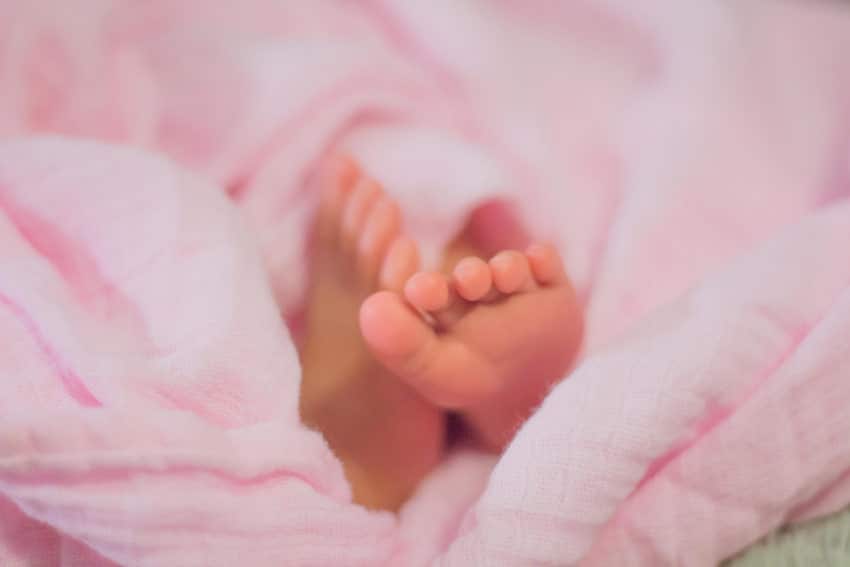
Concerns have been raised that a bill seeking to legalise abortion in Queensland will pave the way for sex-selective abortions, similar to the reported situation in Victoria, which has Australia’s most permissive abortion laws.
The Queensland Parliament is set to debate the Termination of Pregnancy Bill 2018 next month seeking to legalise abortion up to 22 weeks of pregnancy. It would also permit abortion after that time, provided two medical practitioners agree it would be “appropriate in all circumstances.”
According to the QLD government’s website, the proposed legislation is based on underlying principles including that abortion be treated as a “health matter” and that “women’s autonomy and health should be promoted.”
CEO of Women & Babies Support International, Tiana Legge, told The Catholic Weekly that the proposed QLD Bill is based on current legislation in Victoria, where abortion is permitted up to 24 weeks gestation.
Earlier this year reports broke in Australian media of sex-selective abortions taking place in Victoria, with baby girls far more likely to have their lives ended.
A study analysing 1.2 million births in Victoria found that from 2011 to 2015, mothers born in China had about 108 boys to every 100 girls. It also found mothers from India giving birth to their second child had boys at a rate of almost 122 to every 100 girls.
“This issue is a serious concern with the proposed change of law on termination of pregnancy in Queensland,” Ms Legge said.
“The Queensland Labor government proposes to soon introduce an abortion bill that has been largely modelled on the Victorian legislation. If passed in Queensland, it would likewise leave the door wide open for legal sex-selective abortions in that state.”
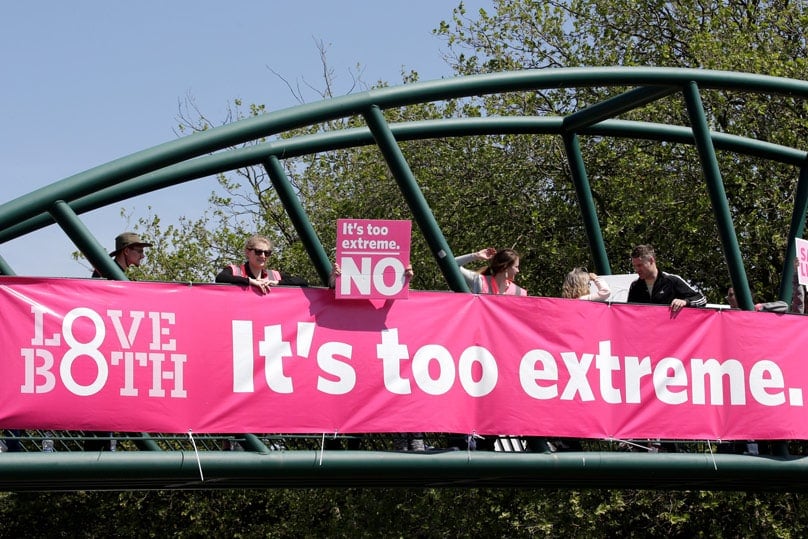
“Abortion is an inherently discriminatory practice,” said Rebecca Gosper, director of LifeChoice Australia.
“We cannot advance women’s rights if we continue to end the lives of our tiniest women while they’re still in the womb.
“The United Nations estimates that there will be 142 million women missing worldwide by 2020 if we do not change public perception and affirm the value of women in our society, and every society.
“Sex-selective abortion is not something that only happens in Asia and Eastern Europe, but right here in Australia. It’s incredibly important that we stand up for the rights of all girls and women, both born and unborn.”
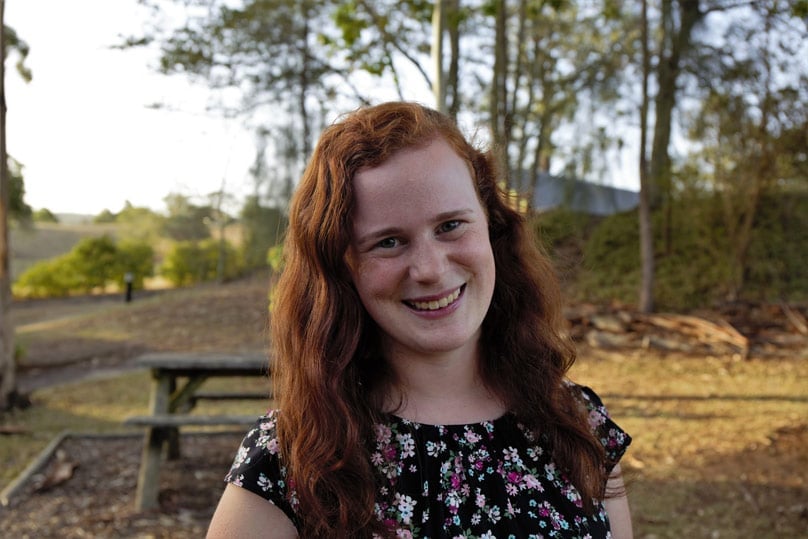
Anna Walsh, Adjunct Associate Professor of the School of Law at Notre Dame University told The Catholic Weekly that “if sex-selection abortion is occurring, then it’s a disgrace”.
“If the community, and the medical profession are concerned about this, they should consider whether their state operates under an ‘abortion on demand’ legal framework. Such frameworks, which operate in Victoria, Tasmania, Northern Territory, the ACT, and arguably in Western Australia, enable patients to make these requests,” she said.
“In several of these states, doctors are discouraged from questioning this decision for fear of offending the woman’s dignity and her autonomy to do what she feels is right for ‘her’ body, and if pressed, must provide a referral to a doctor who will perform it.”
Ms Gosper also pointed out that under Victorian law medical professionals must refer a woman for an abortion, even in the case of sex-selection.
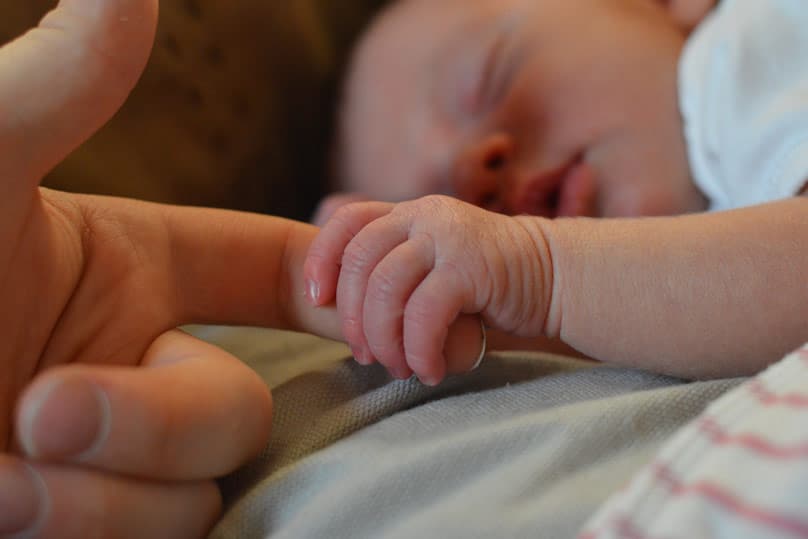
In 2013 in Victoria, Dr Mark Hobart was almost stripped of his medical licence for refusing to abort an unborn girl because the parents wanted a boy.
She said the proposed bill in Queensland would allow for similar cases.
“The ambiguity of the provision for abortion after 22 weeks for ‘social’ reasons indicates that sex-selective abortions could be performed until late in pregnancy. In a society that advocates strongly for women’s rights, denying our most vulnerable girls the most basic of all human rights, the right to life, is deeply concerning.”
“Considering that 83 per cent of Queensland voters are opposed to sex-selective abortion, it is hard to see why the Queensland government is obsessed in pushing forward with this dangerous, anti-women Bill.”
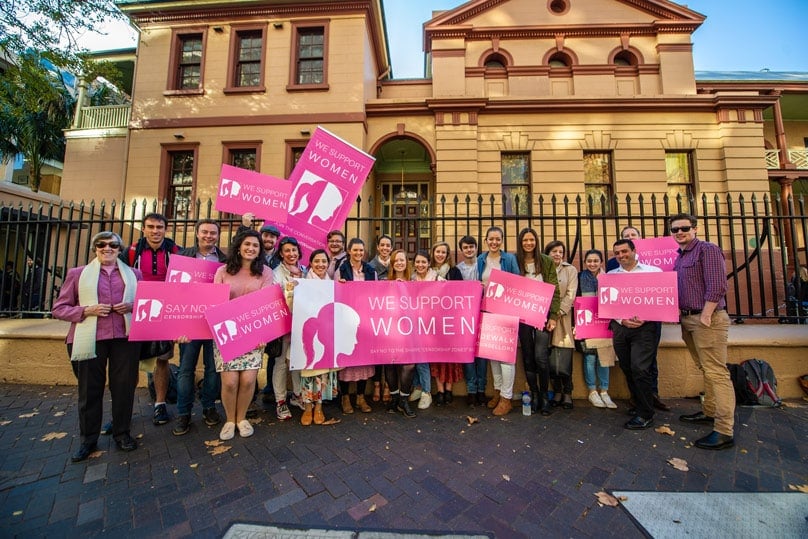
The Queensland Bill also seeks to implement “safe zones” of 150 metres around abortion clinics, and would require medical practitioners with conscientious objections to refer women to another practitioner who will perform the procedure.
All medical practitioners would be forced under the proposed legislation to perform an abortion “in those rare, emergency cases where it is necessary to preserve the life of the pregnant woman, regardless of their objection to termination of pregnancy.”
Current law in Queensland only permits abortion in those cases where a doctor believes that the mother’s physical or mental health is in serious danger.
